Your support helps us to tell the story
From reproductive rights to climate change to Big Tech, The Independent is on the ground when the story is developing. Whether it's investigating the financials of Elon Musk's pro-Trump PAC or producing our latest documentary, 'The A Word', which shines a light on the American women fighting for reproductive rights, we know how important it is to parse out the facts from the messaging.
At such a critical moment in US history, we need reporters on the ground. Your donation allows us to keep sending journalists to speak to both sides of the story.
The Independent is trusted by Americans across the entire political spectrum. And unlike many other quality news outlets, we choose not to lock Americans out of our reporting and analysis with paywalls. We believe quality journalism should be available to everyone, paid for by those who can afford it.
Your support makes all the difference.Embarrassed, humbled, crushed, thumped, battered, destroyed... however you want to put it, Brazil were thoroughly humiliated by Germany in Belo Horizonte.
The magnitude of the defeat in a World Cup semi-final will forever be remembered. The manager, Luiz Felipe Scolari, described it as the "worst day of my life" and the "worst loss" in Brazil's history.
A strong assessment of Brazil's capitulation, but he might not have gone far enough. There have been plenty of massive defeats - Tottenham beating Wigan 9-1 in the Premier League a couple of years ago, for example - but rarely do games on the biggest stages produce such embarrassment.
Brazil were so desperate to win this World Cup because they have been haunted by the defeat in the 1950 World Cup final in the Maracana.
Imagine what this defeat will do to future generations of Brazilian football fans. This defeat will echo in football history for a long time, at every subsequent World Cup, commentators and fans will point to this defeat.
Germany's performance was overwhelming and spectacular, but the defensive meltdown will likely not be beaten, especially at as crucial a juncture as a World Cup semi-final on home soil.
The 200m Brazilians who were willing this team into the final would have been badly burned not only by the scoreline but by the manner of the defeat.
The game not only equals the biggest margin of defeat suffered by the Selecao, that was a 6-0 loss to Uruguay in the 1920 Copa America, but it also ended their competitive undefeated streak at home.
The last competitive match they lost in Brazil was in the 1975 Copa America against Peru, a run that has stretched 63 matches.
Looking at some of the worst defeats ever, it's hard to find one that rivals the humiliation that Scolari's men would have felt in the Estadio Mineirao.
Uruguay 2 Brazil 1 (World Cup final, 1950)
The defeat that still haunts Brazil will now become a distant memory. In the days leading up to the final the Brazilian press and public had already begun celebrating the game as if it had already been won and 200,000 (unofficially) packed into the Maracana to witness the final. The game went to plan with Brazil even taking the lead, before Uruguay fought back to a 2-1 lead. The defeat caused Brazil to change the colour of their kit and the Brazilian players who played in the match were never forgiven by the public.
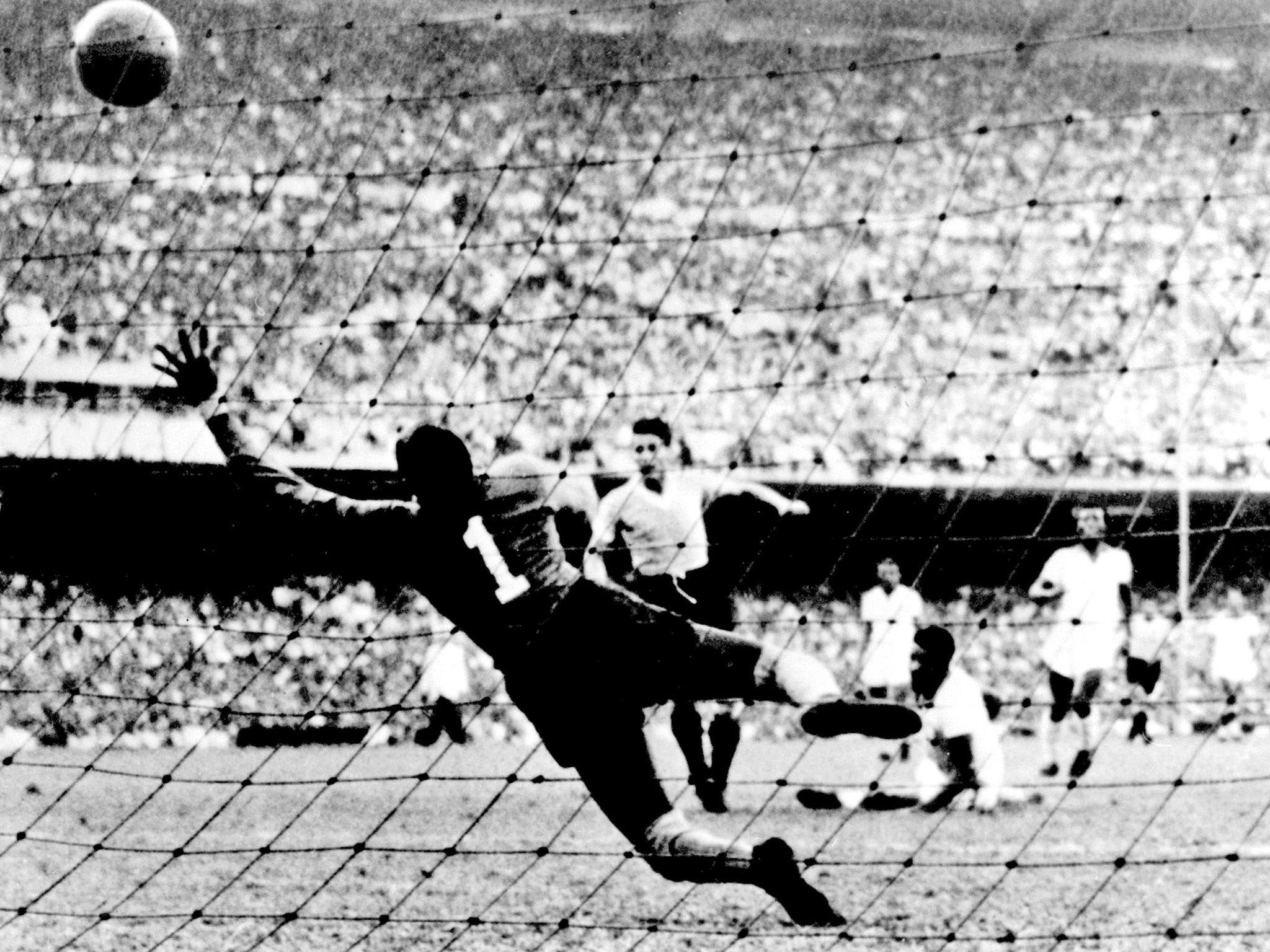
England 3 Hungary 6 (International friendly, 1953)
The Three Lions have never been so stunned on home soil. Ferenc Puskas and the Magical Magyars were rampant at Wembley, leaving Walter Winterbottom's England team look light years behind the cutting thrust of the Hungarians. Hungary then followed it up with a 7-1 at home over England a few months later. The first match was England's first ever defeat to continental opposition and signalled the start of tactical and technical innovations in British football - changes that helped shape England's 1966 World Cup winners.
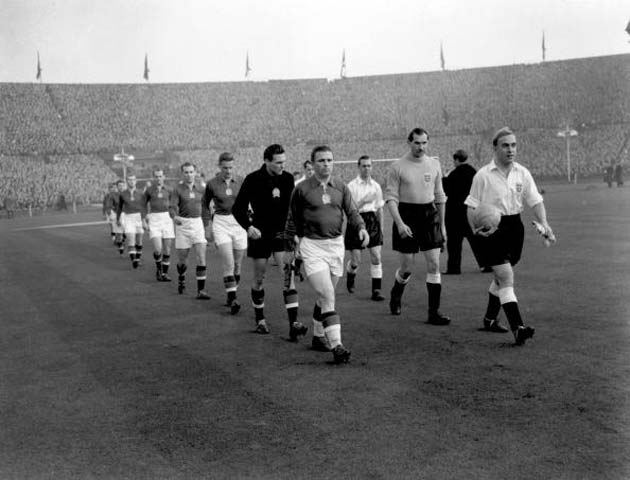
Real Madrid 7 Eintracht Frankfurt 3 (European Cup final, 1960)
The Germans actually took the lead in this game before two of the best players in Real's history, the aforementioned Puskas and the great Alfredo di Stefano, who passed away earlier this week, took over the game at Hampden Park and made it their own. Di Stefano scored three and Puskas scored four in the highest scoring European Cup final ever. The win was the last of five successive European Cup wins by Real Madrid.
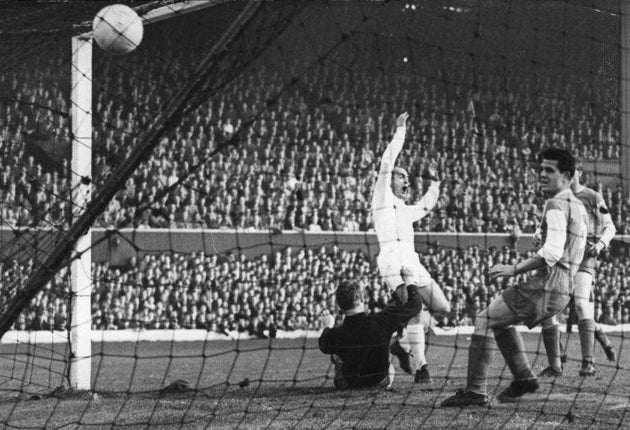
AC Milan 4 Barcelona 0 (Champions League final, 1994)
Johan Cruyff's Barcelona entered the game as favourites having won their fourth straight La Liga title. Fabio Capello's Milan were severely understrength without star men Marco van Basten and Gianluigi Lentini through injury and captain Franco Baresi and Alessandro Costacurta suspended, while Florin Raducioiu, Jean-Pierre Papin and Brian Laudrup could not play because of Uefa regulations on foreign players. Milan were brilliant and put Barca to the sword, in one of the best performances in European Cup history.
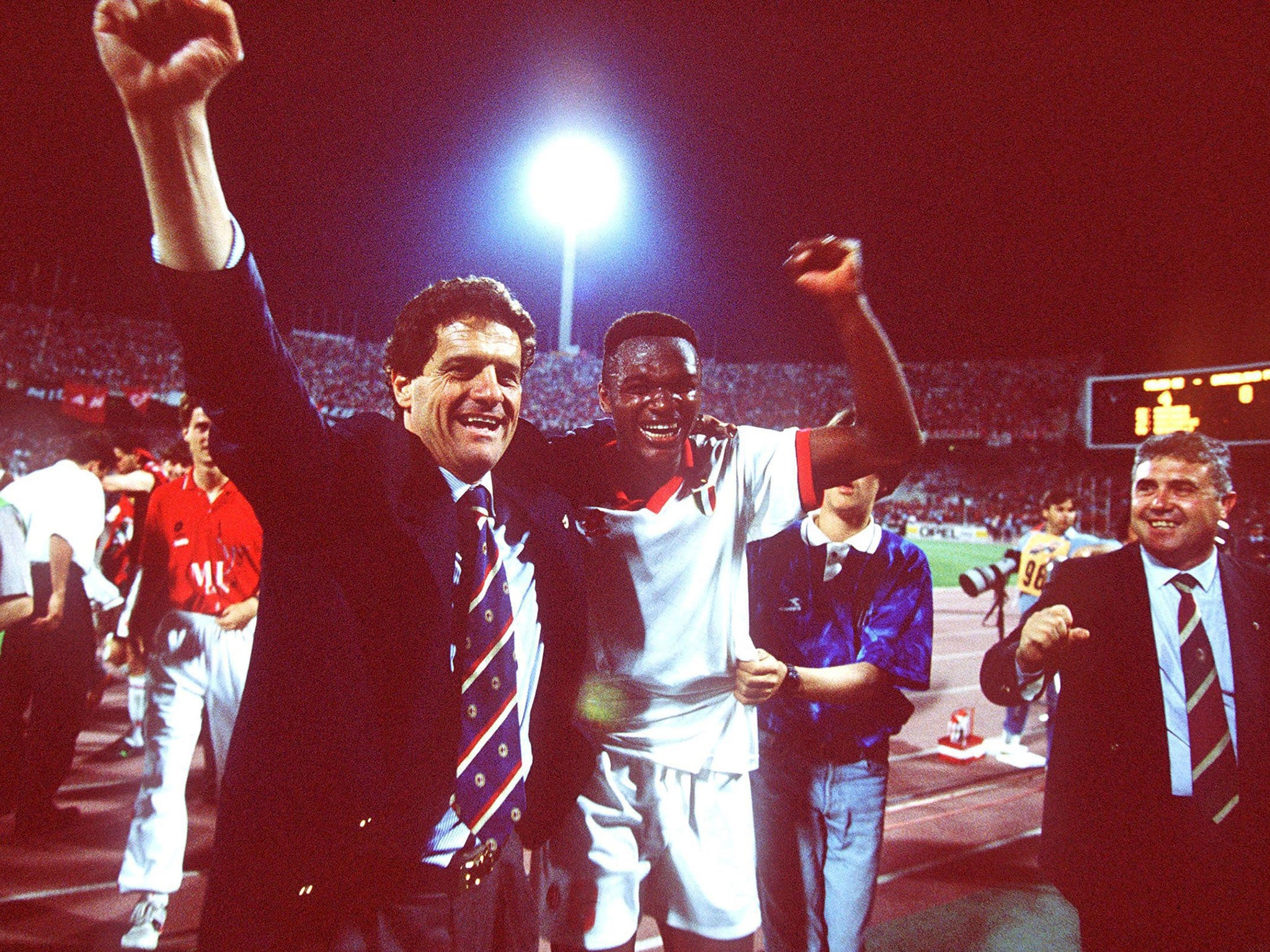
Australia 31-0 (World Cup qualification, 2001)
The biggest ever victory in a senior international, this qualifier for the 2002 World Cup featured an Australian team without any of their recognisable stars. Archie Thompson was the man who most profited, scoring 13 of the his nations goals, while David Zdrilic scored eight. The match led Fifa to introduce a preliminary round in the Oceanian qualifying zone and also led to Australia moving into the Asian Football Confederation.
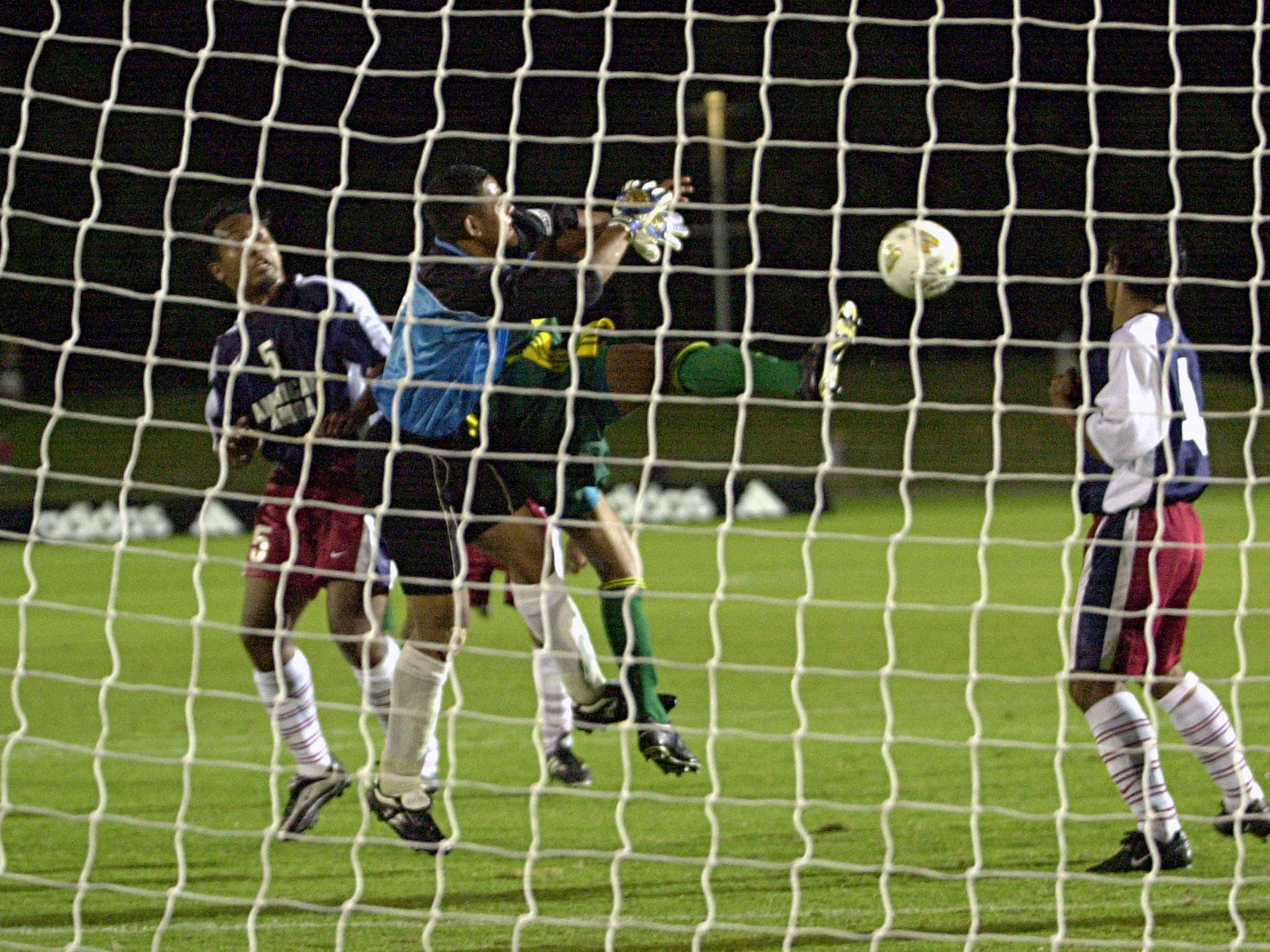
Manchester United 8 Arsenal 2 (Premier League, 2011)
Arsene Wenger might have sent out a young team at Old Trafford, but this defeat left the French manager on the very brink at the Gunners. Years of underspending following the move to the Emirates had left Arsenal unable to truly compete at the very top and the sales of Cesc Fabregas, Samir Nasri and Gael Clichy in the weeks leading up to the match had a large section of Arsenal fans vociferous in their criticism of Wenger. After the defeat he sprung into action signing Per Mertesacker and Mikel Arteta. Robin van Persie was brilliant in scoring 30 goals that season, but the damage was done and the Dutchman left to join United in search of trophies.
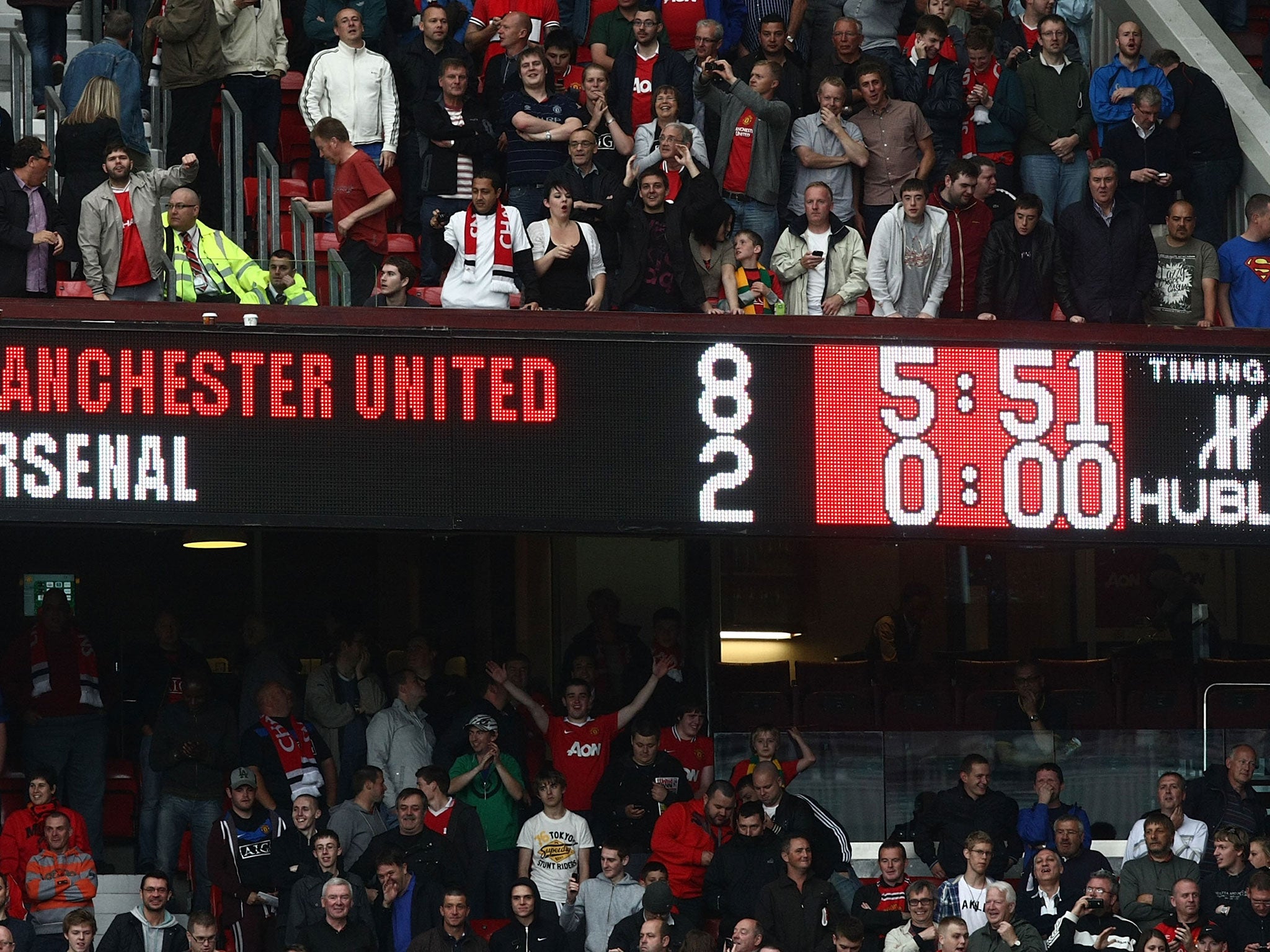
Manchester United 1 Manchester City 6 (Premier League, 2011)
It may have only been October when these two met, but it was already being billed as a title decider. What happened next was simply unbelievable - Mario Balotelli was in the headlines for setting off fireworks in his house, but answered his critics with his infamous 'Why Always Me?' t-shirt after opening the scoring. A brilliant performance by Roberto Mancini's men was United's heaviest defeat at Old Trafford in 84 years, while Sir Alex Ferguson called it his "worst-ever day". City won the league on goal difference that year, in a stunning finale at the Etihad.
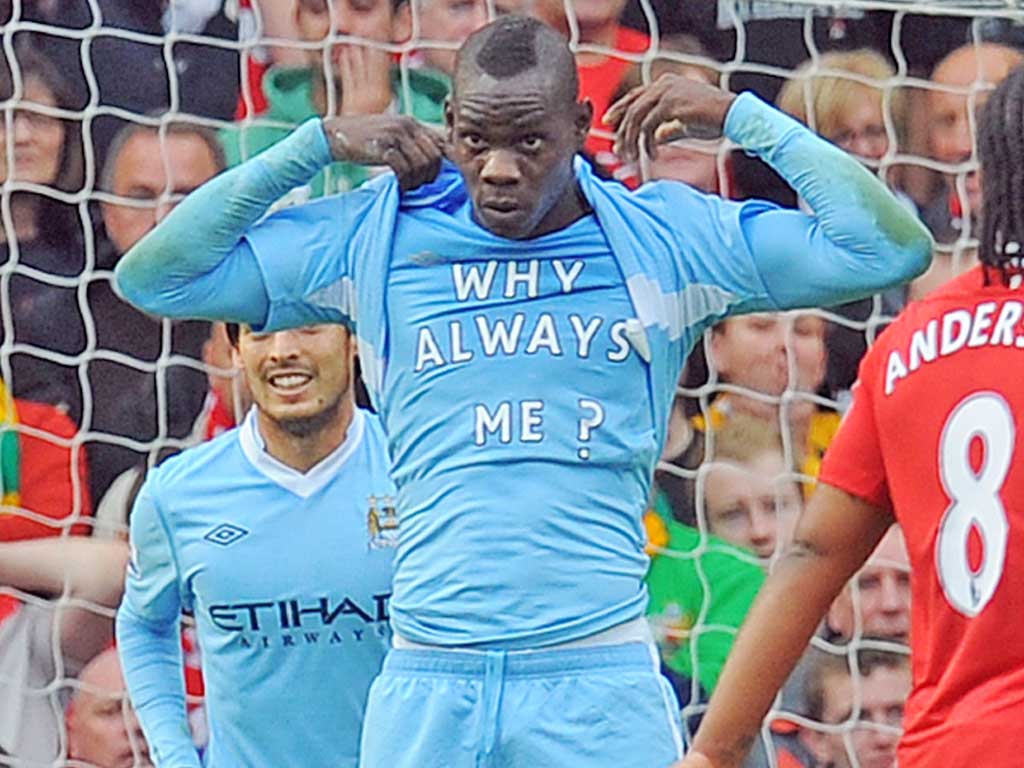
Barcelona 0 Bayern Munich 7(agg) (Champions League semi-final, 2013)
The death of tiki-taka? It may not have been the end but it was certainly the first nail in the coffin. Over two legs Bayern picked apart a Barcelona team that had been one of the dominant forces in world football for years. For all their possession and control, Barcelona could not cope with the physicality and ruthlessness of a Bayern Munich team on their way to a treble. Led by Arjen Robben, Jupp Heynckes' men were unstoppable in Europe that season, avenging the defeat on home soil the previous season in the best possible way - by beating arch-rivals Borussia Dortmund in the Wembley final.
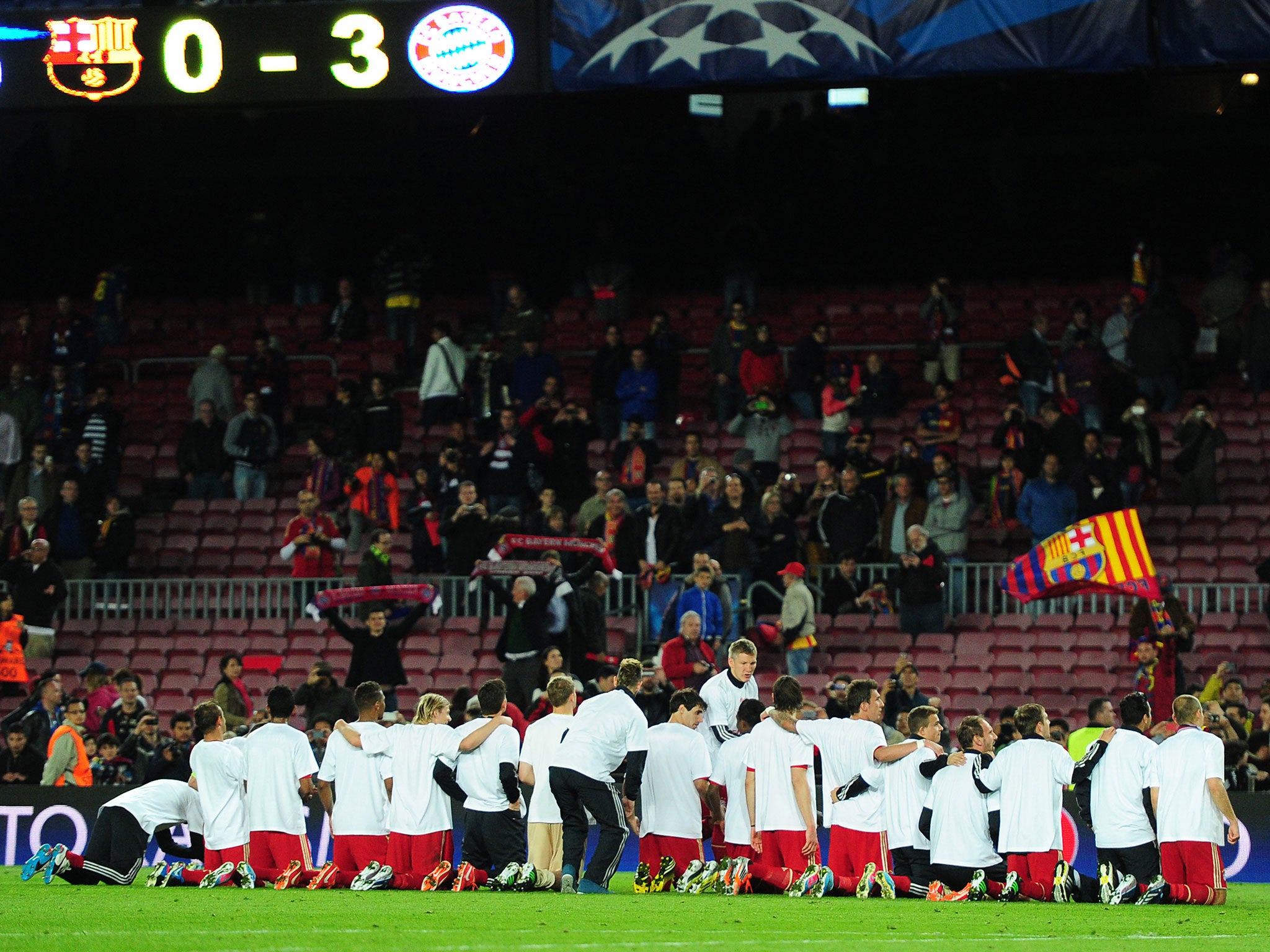
Chelsea 6 Arsenal 0 (Premier League, 2014)
An eye-opening performance that was over in the first 10minutes. Arsene Wenger's 1,000th game in charge of the Gunners was meant to be one of celebration and joy, but it turned to disaster. Arsenal had entered February as genuine title contenders for the first time in a long time, but it quickly fell to pieces after Samuel Eto'o and Andre Schurrle opened the scoring. The bizarre Kieran Gibbs/Alex Oxlade-Chamberlain mix-up only added to the sense of farce. For a while in the ensuing weeks Arsenal were under real threat to lose their Champions League place to Everton - Wenger must make a strong statement in the transfer market this summer.
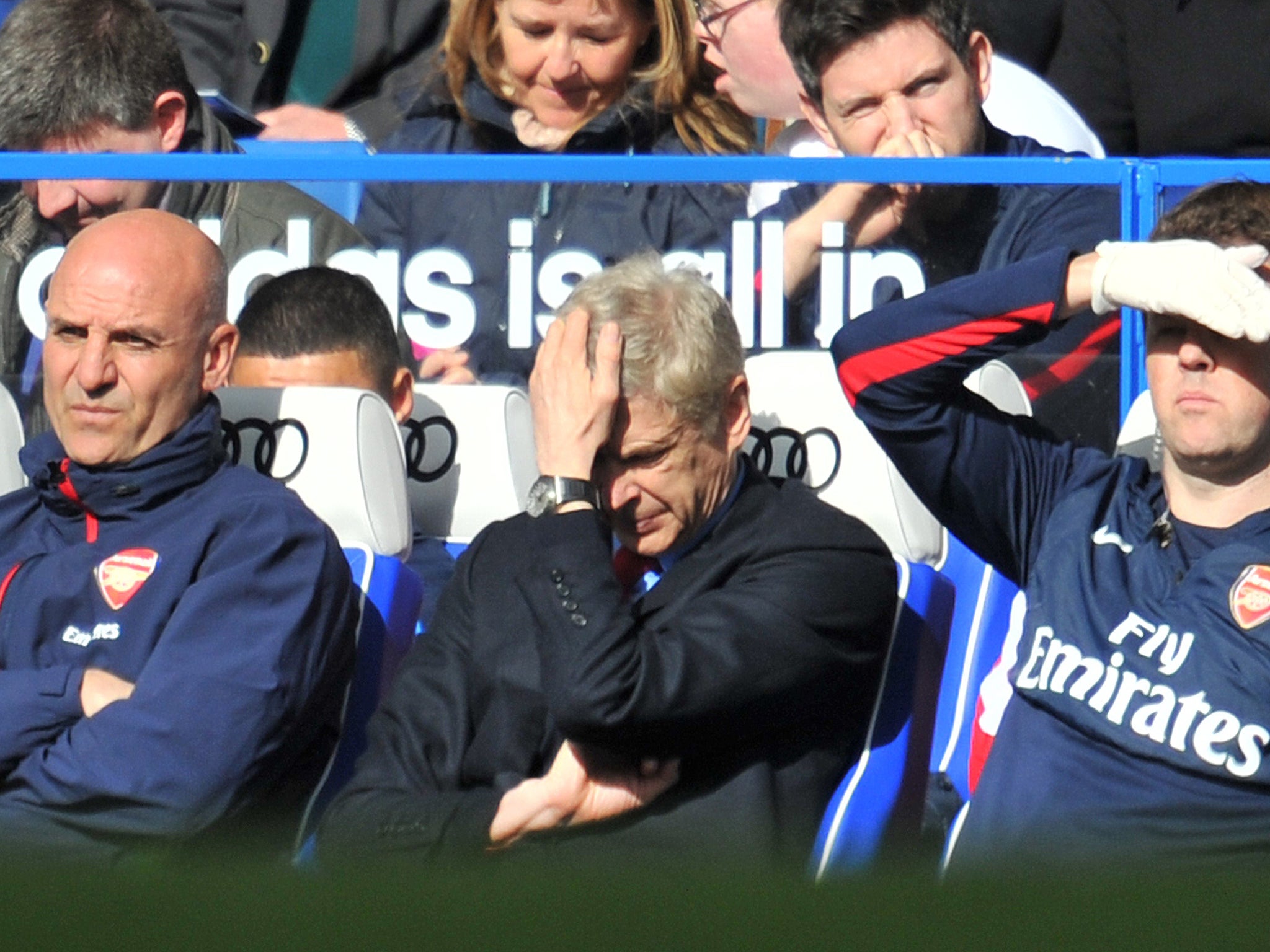
Spain 1 Netherlands 5 (World Cup group stage, 2014)
This was the death of tiki-taka. Vicente del Bosque's Spain may have been an ageing and declining force, but they still entered the tournament as genuine favourites. They had dominated the last six years of international football, winning two European Championships and the 2010 World Cup with the same core of players. But the manner of the defeat at the hands of the Dutch, along with an exit at the group stage, has everyone in Spain questioning what next. Xavi, Iker Casillas, David Villa and Xabi Alonso have all played their last game for La Roja and Del Bosque's position is under threat. They must rebuild quickly.
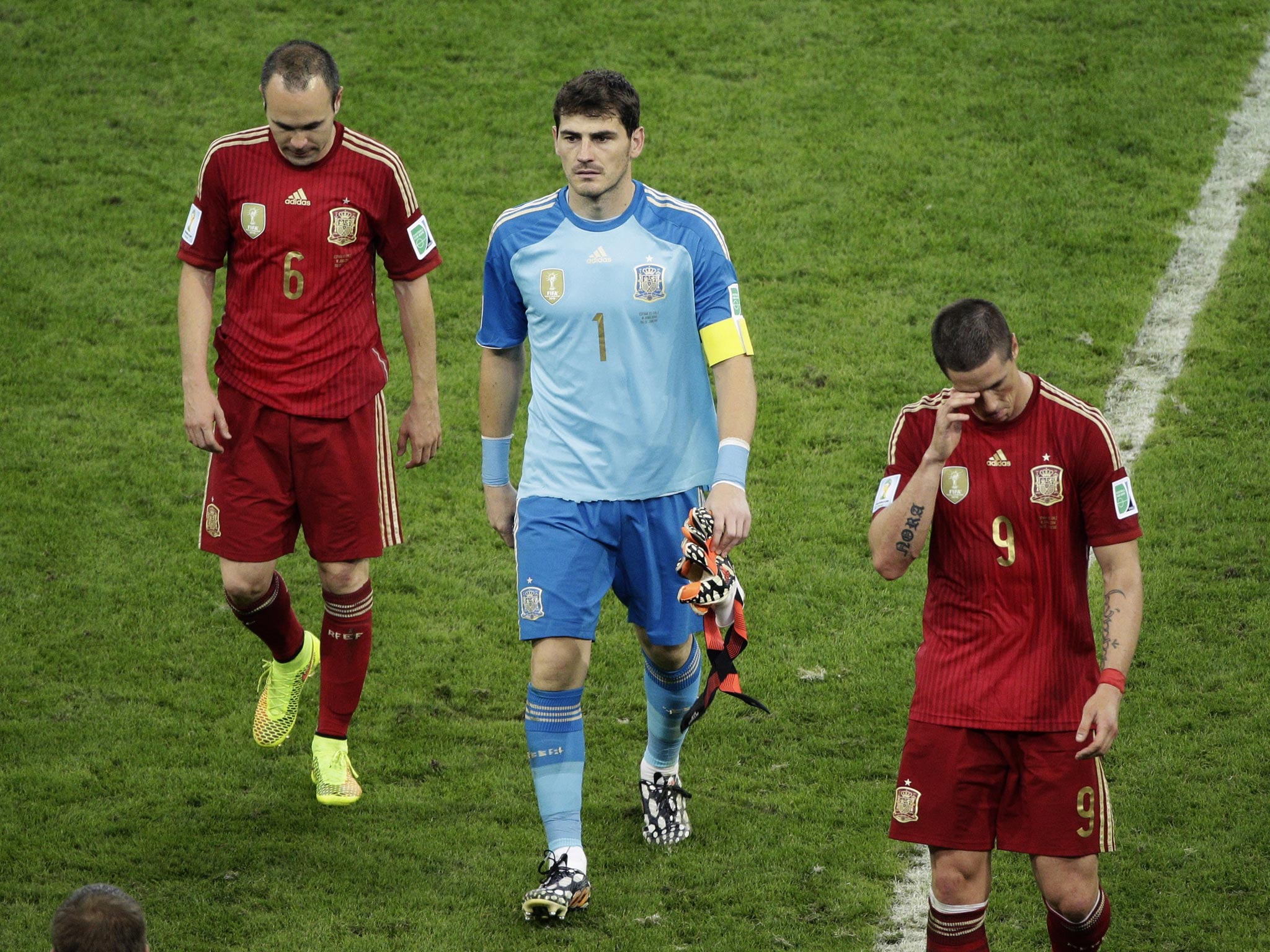
Have we missed a shocking defeat? Let us know in the comments below.
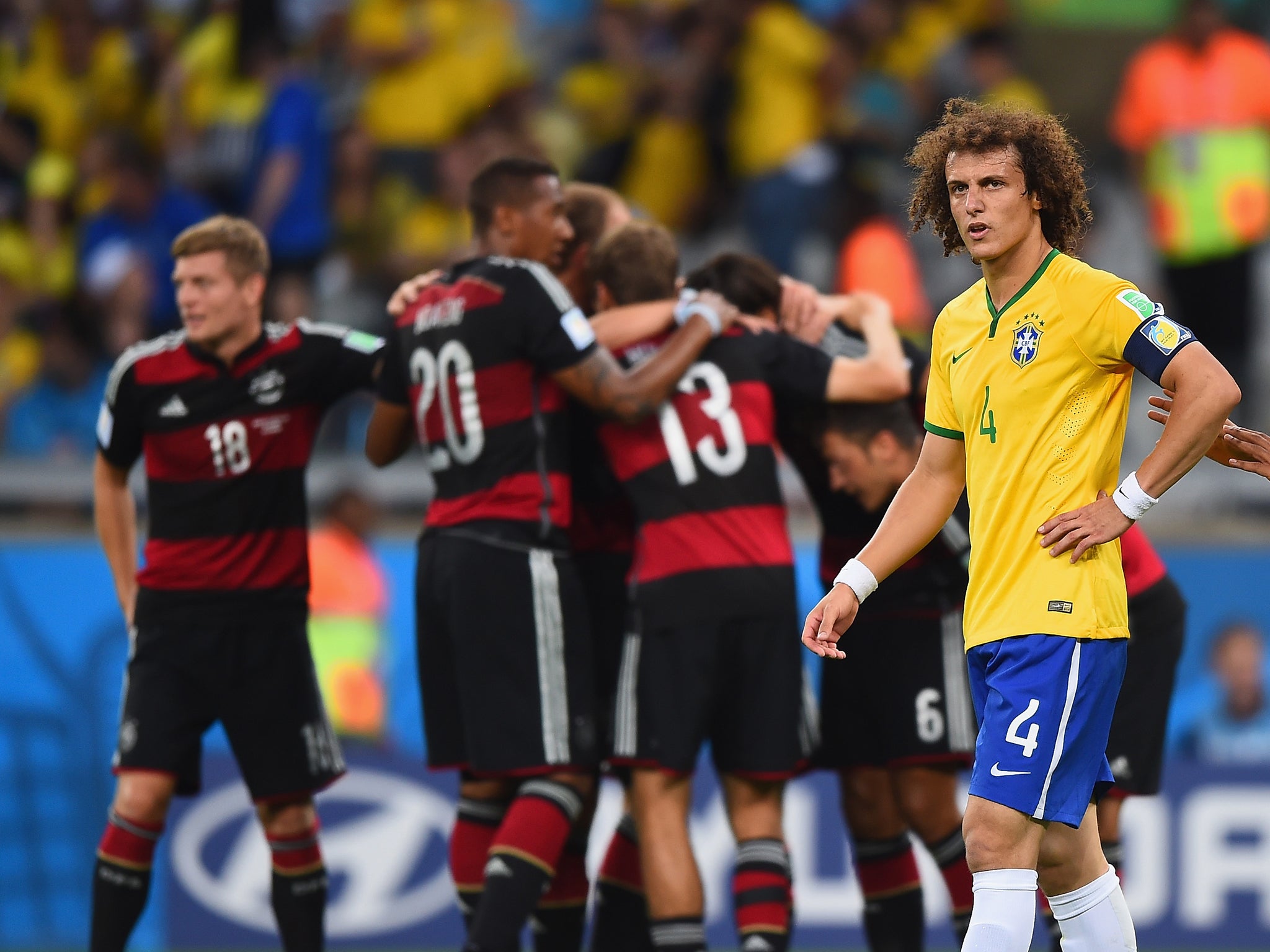
Join our commenting forum
Join thought-provoking conversations, follow other Independent readers and see their replies
Comments